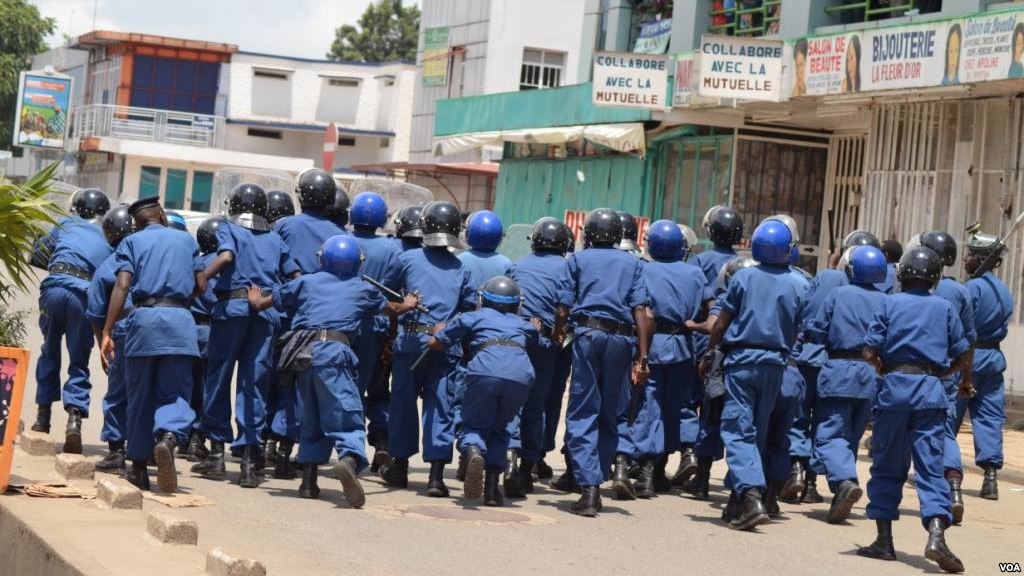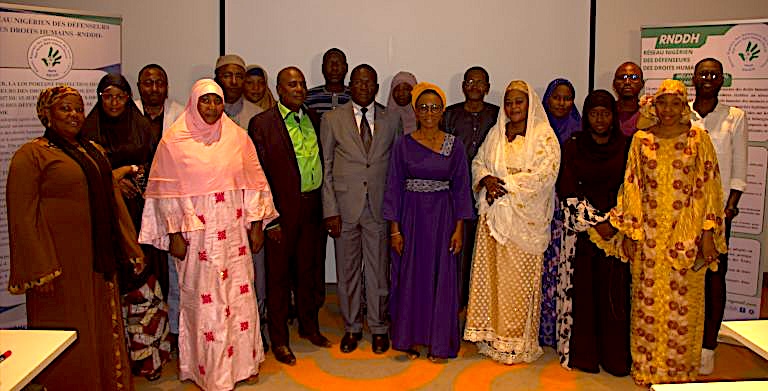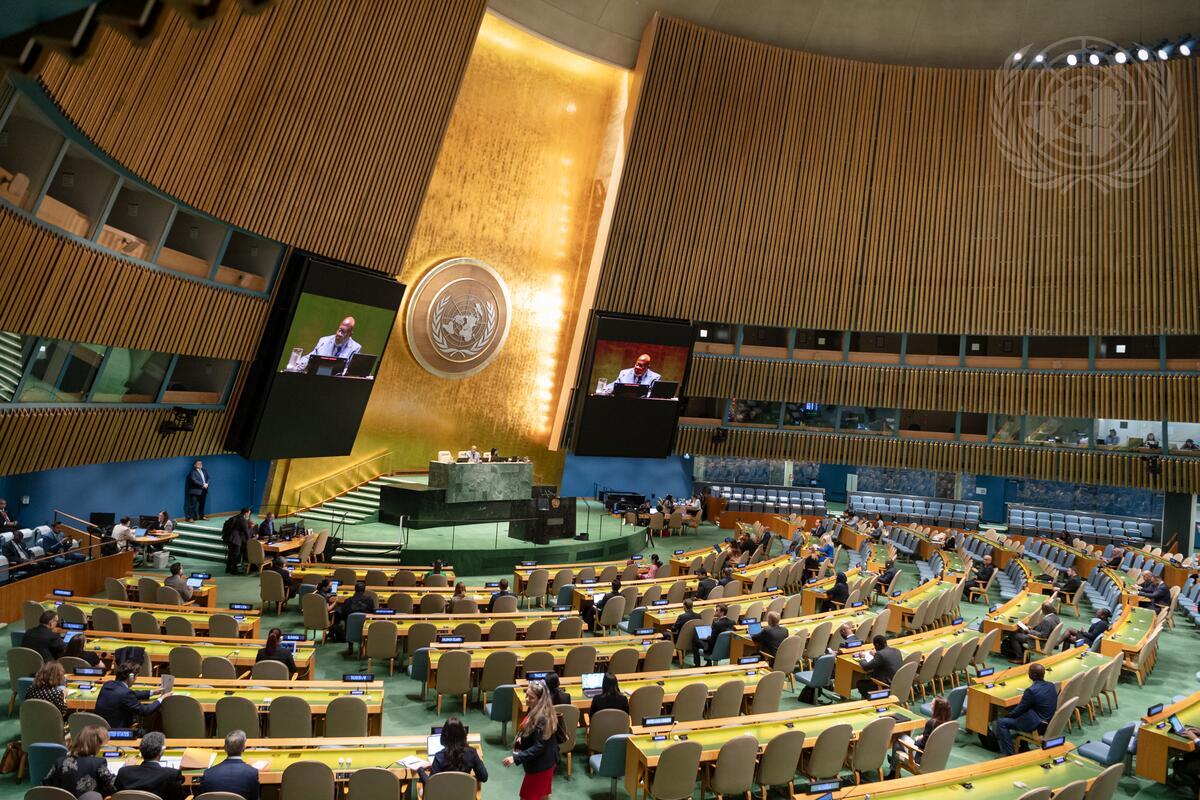Niger, like several other West African countries, has adopted a law defining the recognition and protection of human rights defenders, thereby establishing a legal framework for the protection of defenders on its territory.
Conscious of the need to appropriate the provisions of Act 2022-27 of 20 June 2022 defining the rights and duties of human rights defenders in Niger, RNDDH, with the support of ISHR, brought together about twenty defenders with the aim of disseminating the law on the protection of defenders and identifying the strengths, weaknesses and lessons learned from its implementation three years after its adoption.
During the two days of activities, the participants explored the international and national legal framework for the protection of human rights defenders, recognised the specific protection provided to women human rights defenders and defenders living with disabilities in the Nigerian law.
However, participants deplored the weak protection afforded by this law considering several factors, including the current socio-political context in the country, which exposes them to risks and reprisals.
In view of the identified challenges, participants acknowledged the need to establish a national mechanism for the protection of defenders that would address the weaknesses of the current law.




